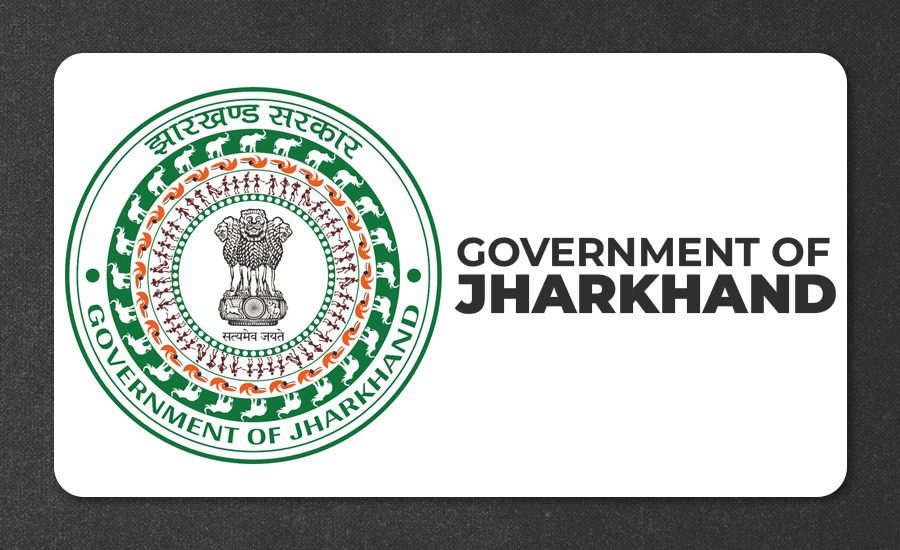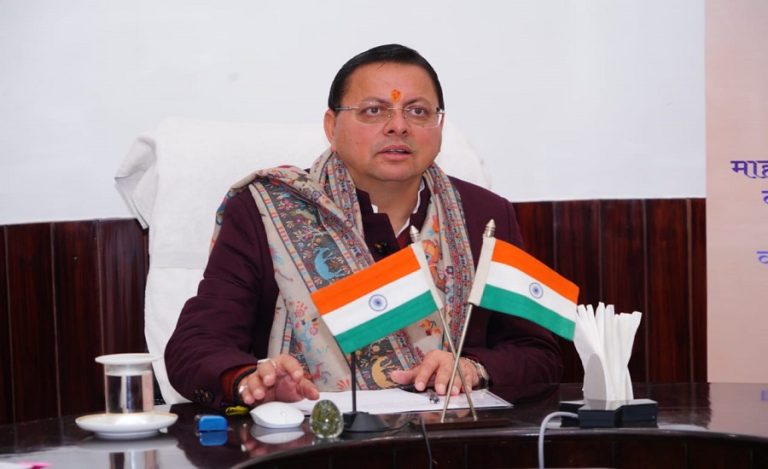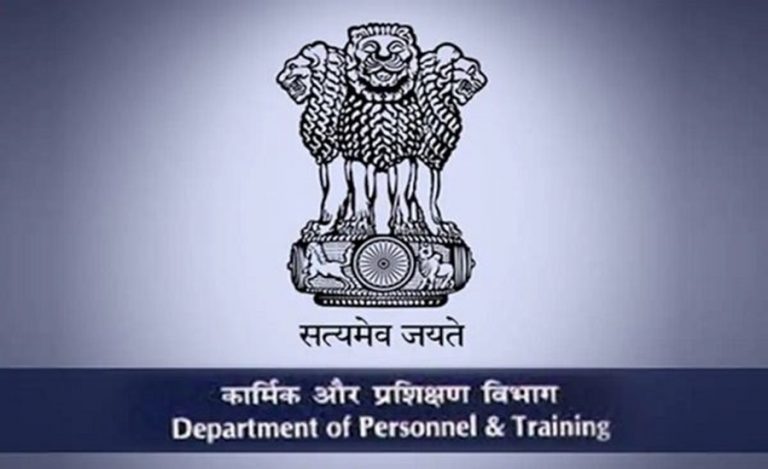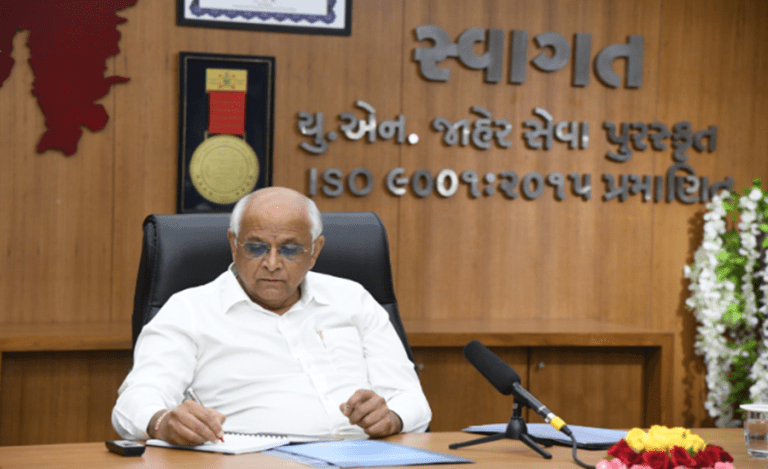In a significant step toward balanced regional growth, the Jharkhand government has sanctioned Rs. 5.8 billion investment to strengthen education and road infrastructure across the state. The decision was taken during a recent state cabinet meeting, which cleared 26 key proposals aimed at addressing critical public service gaps, particularly in rural and semi-urban areas.
Also Read: Madhya Pradesh CM Dr. Mohan Yadav Joins 25th Central Zonal Council Meet in Varanasi – Details Inside
Focus on Strengthening Government Schools
A major part of the investment will go toward upgrading government-run schools. The proposals include the construction of new school buildings and the enhancement of existing facilities such as classrooms, libraries, and sanitation units. These initiatives are aimed at reducing dropout rates and fostering improved learning environments, especially in underserved districts. Additionally, the cabinet approved plans to digitally empower select schools through the phased introduction of smart classrooms and digital learning tools to improve foundational digital literacy.
Road Infrastructure to Improve Connectivity
On the infrastructure front, a substantial budget allocation will focus on expanding and resurfacing vital roads across the state. These works are expected to significantly improve rural-urban connectivity, reduce commute times, and facilitate smoother transport of goods and services—key elements for driving economic activity in the hinterlands.
Supportive Measures Across Sectors
Beyond education and roads, the cabinet also approved initiatives for electrification in select pockets, development of health centres, and employment-oriented schemes. The comprehensive package reflects the government’s multi-pronged approach to inclusive development, targeting bottlenecks in basic services and infrastructure.
Vision for Equitable Growth
With these targeted investments, the Jharkhand government aims to bridge long-standing disparities in access to essential infrastructure and services. Citizens now look forward to swift execution on the ground to ensure that the financial outlay translates into real developmental outcomes, marking a concrete step toward the state’s inclusive and sustainable growth vision.





























